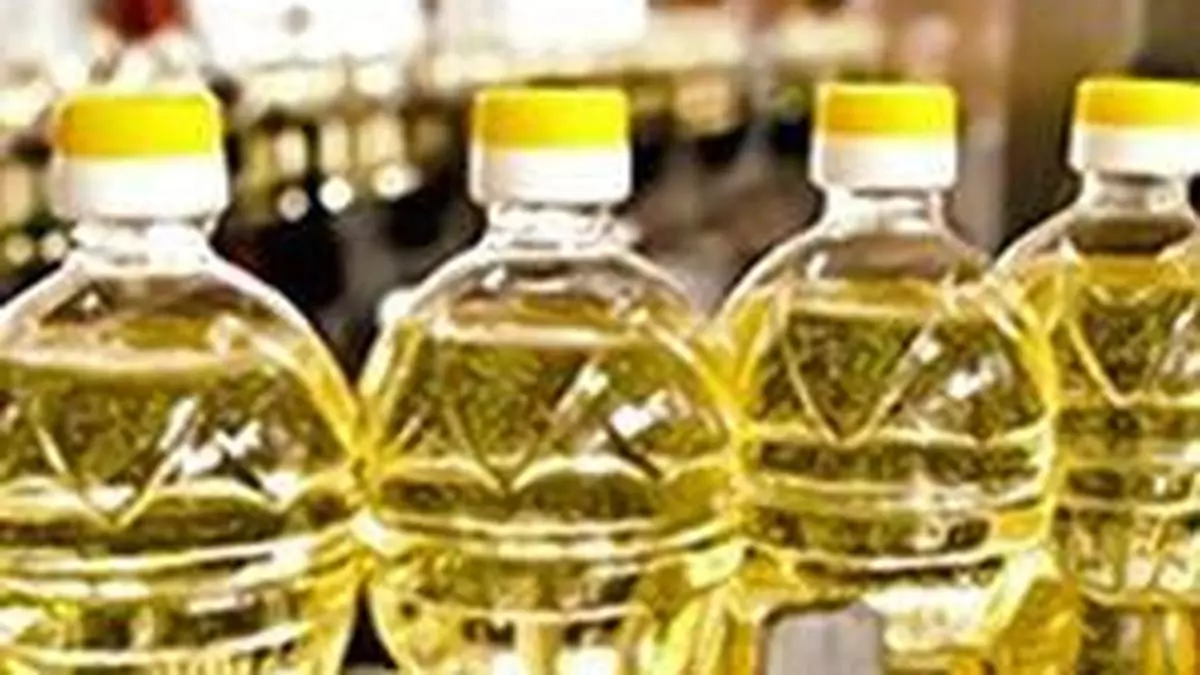Solvent Extractors Association of India (SEA) has said that the adoption of genetically modified (GMO) crops could revolutionize oilseeds productivity in the country.
In his letter to SEA members on Friday, SEA President Sanjiv Asthana said India’s oilseed production is projected to increase from 35 million tonnes (MT) to 45-50 million tonnes by 2029-30, with availability of vegetable oils. Will increase by 5%. From -6 m to 15-17 m. However, consumption is expected to reach 28-30 million tonnes at a growth rate of 3 per cent, potentially reaching 32 million tonnes with a growth of 4 per cent.
Rising demand for convenience foods including ready-to-eat and snack foods will further increase edible oil consumption. To address this gap, the government has launched initiatives such as the National Oilseeds Mission and Palm Oil Mission.
He said, “Adoption of GMO crops like GMO rapeseed can revolutionize oilseed productivity, as happened with GMO cotton in 2002. Adoption of GMOs is important for India’s food security and should be prioritized.”
support for repmile
Seeking support for export of rapeseed cake, he said India exported 22 lakh tonnes of rapeseed cake in 2023-24, which helped farmers earn better prices. However, exports declined by 25 per cent in April-October 2024 due to uncompetitive pricing. The association has urged the government to provide 15 per cent export incentive through higher RoDTEP (remission of duties and taxes on exported products) rates, freight subsidy and interest subvention. This support will enhance export competitiveness and ensure that domestic rapeseed prices remain above the Minimum Support Price (MSP), thereby increasing the availability of edible oil.
Stating that the government has reduced the moisture limit for procurement of soybean from 12 per cent to 15 per cent to support farmers, he said soybean prices in the market are still below the MSP of ₹4,890 per quintal, And is trading around ₹4,200. Full-scale procurement at MSP in key states is important, he said.
Additionally, replacement of DDGS (dried distillers grain solids) in feed and reduced domestic demand for soybean meal due to low international prices have put further pressure on the market.
Noting that milk prices have not declined despite the ban imposed on the export of de-oiled rice bran in July 2023, Asthana said prices have fallen from ₹17,000 to ₹10,000 per tonne due to the ban, leading to The vegetable oil industry has suffered losses.
Impact of derivatives ban
On restrictions on futures trading in some commodities, he said the suspension of futures trading in commodities like mustard, soybean and crude palm oil from 2021 has affected the price discovery mechanism. The association has urged SEBI and the Finance Ministry to lift the suspension and stressed that futures trading helps farmers, industry and trade without increasing prices.
He said the domestic oleochemical industry is facing serious challenges due to large-scale import of soap noodles at zero duty from South-East Asia. He said the SEA has recommended either placing these imports in the restricted items list or imposing an additional 25 per cent duty to protect domestic oleochemical manufacturers.
